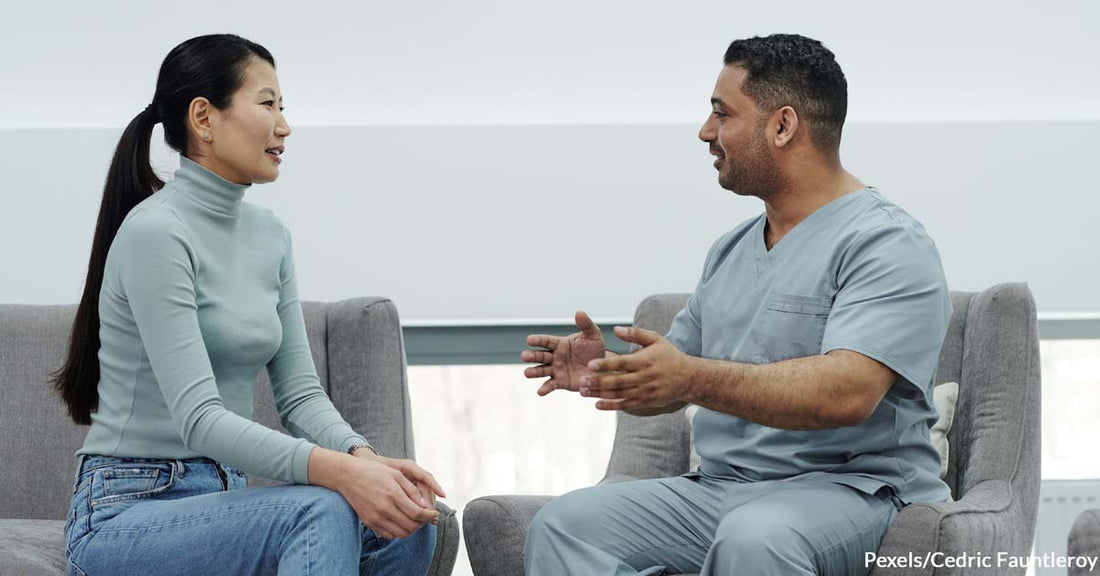Medical Specialists Remind Women That Bleeding After Menopause Is a Sign of a Health Threat
Ergil Ermeno
Women go through different life phases, and two of the most biologically important stages are the day she gets her first period and when it ends with menopause. Both are confusing experiences, especially when you are not fully informed of the changes your body has to go through. You must know the differences between normal transitions and signs indicating risks. You better consult your doctor when you first encounter complications during your menstrual cycle and postmenopausal stage. For instance, bleeding after you've gone through menopause can be a sign of several issues.
Menopause is a time in a woman's life when they experience uncomfortable physical conditions. Symptoms include:
- Irregular cycle
- Vaginal dryness
- Hot flashes
- Chills
- Night Sweats
- Sleep problems
- Mood changes
- Weight Increase
- Slow metabolism
- Thinning hair
- Dry skin
- Loss of breast fullness
These symptoms usually happen during their late 40s to early 50s. You'll reach the postmenopausal stage once your period stops for a year or more. It marks the end of a person's ability to ovulate and reproduce. The experience is indeed life-changing but also an added reason why you have to look out for your health more than usual. Your body will be susceptible to osteoporosis, cardiovascular illnesses, mental health issues, and changes in vaginal health. Most importantly, women need to look out for bleeding occurrences after menopause. Specialists warn women that postmenopausal bleeding harbors bad news, which is caused by various reasons.
Since the bleeding isn't from your period anymore, it shows that the blood comes from somewhere else. "When you have bleeding, it's hard to tell where it's originating. You're having blood come through the vagina, but did it start in the uterus, or did it start in the cervix, or did it start in the vagina? That's something your physician would need to examine you to help you with," Clare Bertucio, MD, radiation oncologist and CEO of Medicine Mama's VMagic, explained. She also mentioned that the bleeding might be caused by sexually transmitted diseases, medications such as blood thinners, or hormone therapy.
 Photo: Pexels/Karolina Grabowska
Photo: Pexels/Karolina Grabowska
Although hormone replacement therapy can cause bleeding, experts also stated that it's still abnormal. According to Gregory Bolton, MD, at Lankenau Medical Center, postmenopausal women undergoing hormone therapy can only bleed at the end of the cycle. However, during an ongoing HRT, no bleeding should ever occur; if it does, medical assistance is required. But what's more worrying is that it can also be an early sign of endometrial cancer. The National Library of Medicine has recorded that 10% of women are diagnosed with uterine cancer when they bleed during the postmenopausal stage. Endometrial cancer is a condition where cancer cells build up in the tissues in the endometrium, which is the uterine lining.
 Photo: Pexels/Cedric Fauntleroy
Photo: Pexels/Cedric Fauntleroy
"Too often I see women with advanced endometrial cancer [uterine cancer] who tell me they experienced postmenopausal bleeding for years but didn't think anything of it," says Matthew Carlson, MD. "Women need to know postmenopausal bleeding… may be an early symptom of endometrial cancer. Any bleeding, even spotting, should trigger a visit to your doctor as soon as possible. Don't wait to make an appointment until after the holidays or even next week. Do it today," he advised. Diagnosed in the early stages, this cancer has better treatment options that will safely eliminate cancer and stop its further growth.
Just like Dr. Clare Bertucio, medical specialists encourage both men and women to seek professional advice at the first sign of complications. Once you reach a certain age, you must be more attentive to your health. People are advised to get a mammogram, pap smear to check for cervical cancer, and colonoscopy. It might be unpleasant and challenging to accept, but you need to face the disease early on. Be wiser in taking care of your body — it's an investment that will extend your life and ensure wellness during your senior years.

 Photo: Pexels/Sora Shimazaki
Photo: Pexels/Sora Shimazaki Photo: Pexels/Marcus Aurelius
Photo: Pexels/Marcus Aurelius
